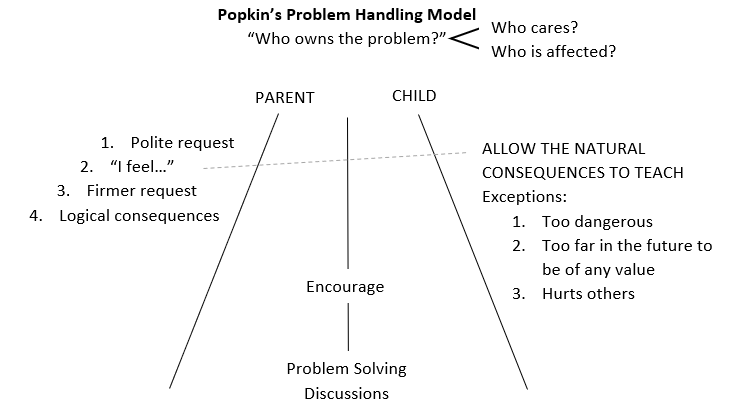Parenting
Now I haven’t experienced parenting yet, but I think I have
learned some skills this last week that I wanted to share. What I am about to
share may not be unfamiliar to you, but they may be a little harder to implement
because it goes against what comes naturally to you.
So, what are the purposes of parenting? Some people say it is
to raise responsible, hardworking individuals in society, by changing the world
through the teachings and learning in the home, to bring joy, create a support
network, to create a sense of belonging, and to give the best experience to your
children to help them achieve their greatest potential. Those who are religious
may also add to help them become like God, and disciple training. But one
person said (sadly I have forgotten who said it), “[Parenting is] to protect
and prepare a child to survive and to thrive in the world they will live in.”
To be able to help a child survive and thrive takes a
lot of work, it takes active parenting. There are a lot of things that a parent
would like their children to be doing – some specifics are to do what they’re
told when asked the first time, to be respectful, to be responsible, and many
other things. But do we just want obedient children, or do we want children who
know how to think for themselves and to stand up to challenges in their lives?
If this is what we want, then it will take some work, patience, and a lot of
love.
There are a lot of parents who struggle with
their kids when they become adolescents. During this time, they are experiencing
a tremendous amount of growth, and parents should realize that between the ages
of 11 and 14 (often occurring earlier for girls) studies show that there is the
most growth in gray matter since infancy. This continues until their mid-twenties.
There are many things going on inside the adolescent brain and being aware of
these kinds of things may be helpful to parents to know where their children
are coming from.
The model
above is a simple diagram of how to handle problems with children. Some of you
may be asking what would be considered a logical consequence, so here are eight
things that go along with logical consequences.
- Logically connected to natural consequences
- Discussed in advance
- “When/then” or “If/then” statements
- Firm and friendly
- Follow through the first time
- Willing to follow through on
- Give another chance
- Involve the child
Raising
children is challenging, but how we approach parenting will determine how
children will grow and what kind of individual they become. As you are parenting
be respectful to your children. They’re people too. Involve them in decision making
and let them share their opinions even if they go against what you think. All
people ought to have some control over their own lives, and kids who are
empowered are in the best position to deal constructively with dis-empowering
circumstances. Meanwhile, you as parents are in the best position to empower
them.
Now parents struggle
with the concept of not having punishments or rewards to keep their children
being compliant. But here are a few things about punishments/rewards that fail
and why a “working with” approach with your child is a better way of teaching
and raising children.
Why
punishment/reward fails:
- It makes people mad
- It models the use of power
- It eventually loses its effectiveness
- The more you rely on punishment, “the less real influence you’ll have on their lives.”
- It erodes the relationship with kids
- It distracts kids from the important issues
- It makes kids more self-centered
I feel if we
are able to look at the way we raise our children with seriousness and with the
best outcomes in mind, the new methods we discover will help us empower our
children, and in turn empower us as parents.




Comments
Post a Comment